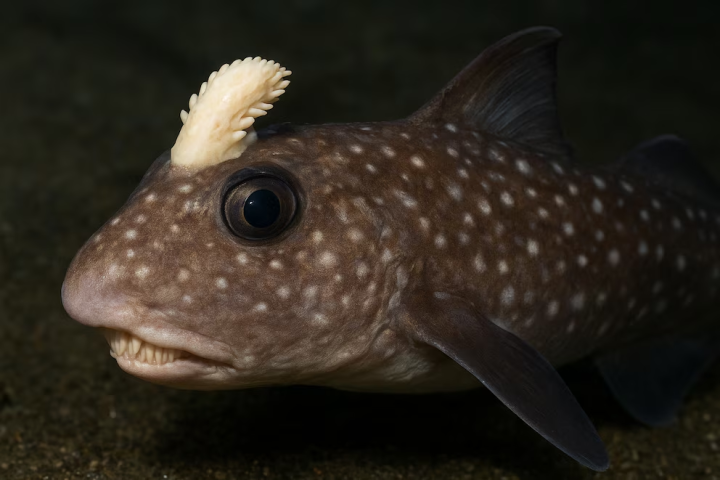MADRID, 18 (EUROPA PRESS)
On deserted islands in Japan, researchers have discovered a peculiar defecation ritual among seabirds that could help them stay clean and also fertilize the ocean.
In a paper published in Current Biology, the team discovered that banded shearwaters (Calonectris leucomelas) defecate while flying, not while hovering, and do so every four to 10 minutes. This habit could help the birds stay clean and fertilize the ocean.
But the team didn't set out to document the defecation habits of seabirds. "I was studying how seabirds run across the sea surface to take off," says Leo Uesaka, lead author from the University of Tokyo. "Watching the video, I was surprised that they defecated so frequently. At first, I thought it was funny, but it turned out to be more interesting and important for marine ecology."
Seabird droppings enrich the soil and fertilize nearby coastal waters thanks to their high nitrogen and phosphorus content. Researchers have studied how these nutrients shape terrestrial ecosystems, but much less is known about how they impact what happens far from shore, in the open ocean, where seabirds spend most of their lives.
With an estimated 424 million shearwaters and their relatives, their droppings could fertilize the water, providing nutrients to plankton and other marine life.
BIRDS EQUIPPED WITH CAMERAS
Using eraser-sized, rear-facing cameras attached to the bellies of 15 barred shearwaters, Uesaka recorded and analyzed nearly 200 defecation events. He found that the birds almost always relieved themselves while in flight and that defecation usually occurred shortly after takeoff.
Sometimes the birds would take off only to go to the bathroom and return to the water within a minute. These findings suggest they intentionally avoid defecating while floating, Uesaka notes.
"Barred shearwaters have very long, narrow wings, ideal for gliding, not flapping," says Uesaka. They have to beat their wings vigorously to take off, which exhausts them. This means the risk of excreting on the sea surface outweighs the effort of taking off. There must be a compelling reason behind it.
Researchers suspect this habit may prevent birds from soiling their feathers with feces, help them avoid attracting predators, or simply make defecation easier compared to the floating position.
During flight, the birds defecated approximately every 4 to 10 minutes. The team estimated that the birds excrete 30 grams of feces per hour, which is equivalent to approximately 5% of their body mass.
"We don't know why they maintain this rate of excretion, but there must be a reason," Uesaka says.
To find out, he plans to use cameras or temperature sensors with longer battery life, combined with GPS, to map where seabirds release their droppings into the ocean. He hopes these future studies will provide more insight into the role of seabird droppings in marine ecology.









